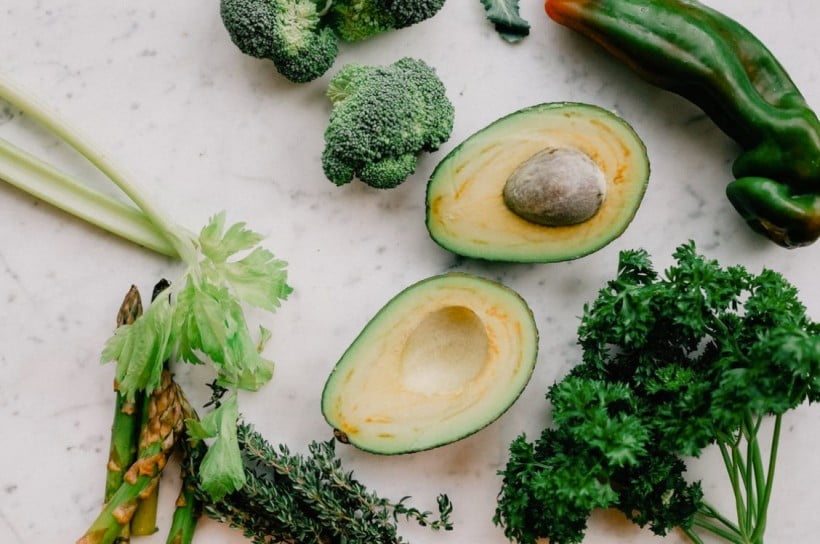Storing Food the Right Way for Long-Lasting Freshness
Warning: Undefined variable $post in /home/dietofli/public_html/wp-content/plugins/code-snippets/php/snippet-ops.php(584) : eval()'d code on line 3
Warning: Attempt to read property "ID" on null in /home/dietofli/public_html/wp-content/plugins/code-snippets/php/snippet-ops.php(584) : eval()'d code on line 3
The estimated reading time is 3 minutes
Warning: Undefined variable $post in /home/dietofli/public_html/wp-content/plugins/oxygen/component-framework/components/classes/code-block.class.php(115) : eval()'d code on line 3
Warning: Attempt to read property "ID" on null in /home/dietofli/public_html/wp-content/plugins/oxygen/component-framework/components/classes/code-block.class.php(115) : eval()'d code on line 3

Every year, tens of thousands of tons of food are thrown away. This situation is preventable, but the problem is that many people do not know how to store food properly to ensure it lasts at long as possible and is still fresh when they need it. Here are some tips that will help you store food better so you can reduce wastage, ensure it stays fresh for as long as possible, and possibly save some money in the process.
Poultry, Meat, and Fish
Poultry, meat, and fish spoil very fast, so they should be stored in the coldest section of your refrigerator. Although it can be tempting to store them at the very bottom, it is advisable to store these items in their designated drawers. Refrigerator manufacturers design fridges with these foods in mind to help you organize your fridge better. Also, try to set the temperature of the meat drawer to or below 29 degrees Fahrenheit.
A common mistake a lot of people make is re-wrapping fish, meat, and poultry. Rewrapping can lead to exposure of the food to bacteria in the air or even on the wrapping material itself. Remember that manufacturers choose the best wrapping material to ensure long-lasting freshness and protection from contaminants to extend shelf life, and rewrapping undoes all their hard work.
Lastly, if meat, poultry, or fish did not come with a tray, ensure that you place it on a tray that will catch any drips, and see that the items do not contaminate other items in the refrigerator.
Leftovers
Leftovers should ideally be stored in leak-proof wraps or containers. When putting leftovers in the refrigerator, ensure that you rotate other leftovers in there. This is so that the items you added first are placed in a position to be consumed first.
It is advisable to refrigerate leftovers within a few hours of cooking. Although older refrigerators could not handle the heat, modern designs ensure new units can, and it is therefore no longer harmful to place warm food in the fridge. However, it is always advisable to place food in smaller containers first so it cools a little bit before placing it in the refrigerator.
If you have any leftovers of food that come in a can, do not store the food in the cans as that could lead to a metallic taste.
Dairy
Leave dairy items in the containers they came in because in most cases, manufacturers create these containers for easy placement in the refrigerator. Ensure that you store cheeses properly before use and then in a foil, loose-plastic, or wax paper after the first use.
If you have milk in cardboard boxes, switch it to clean, plastic containers. Bacteria can grow near the spout and either end up in the glass or lead to faster spoilage.
Lastly, do not store milk on the door shelves. These shelves are the warmest part of the refrigerator and should only be used for condiments and soft drinks.
Although there are many ways to store food in the refrigerator, only the right way ensures your food lasts as long as it should and is fresh when you need it. If you store food right in the fridge, you will not only reduce waste but will also save money at the same time.














